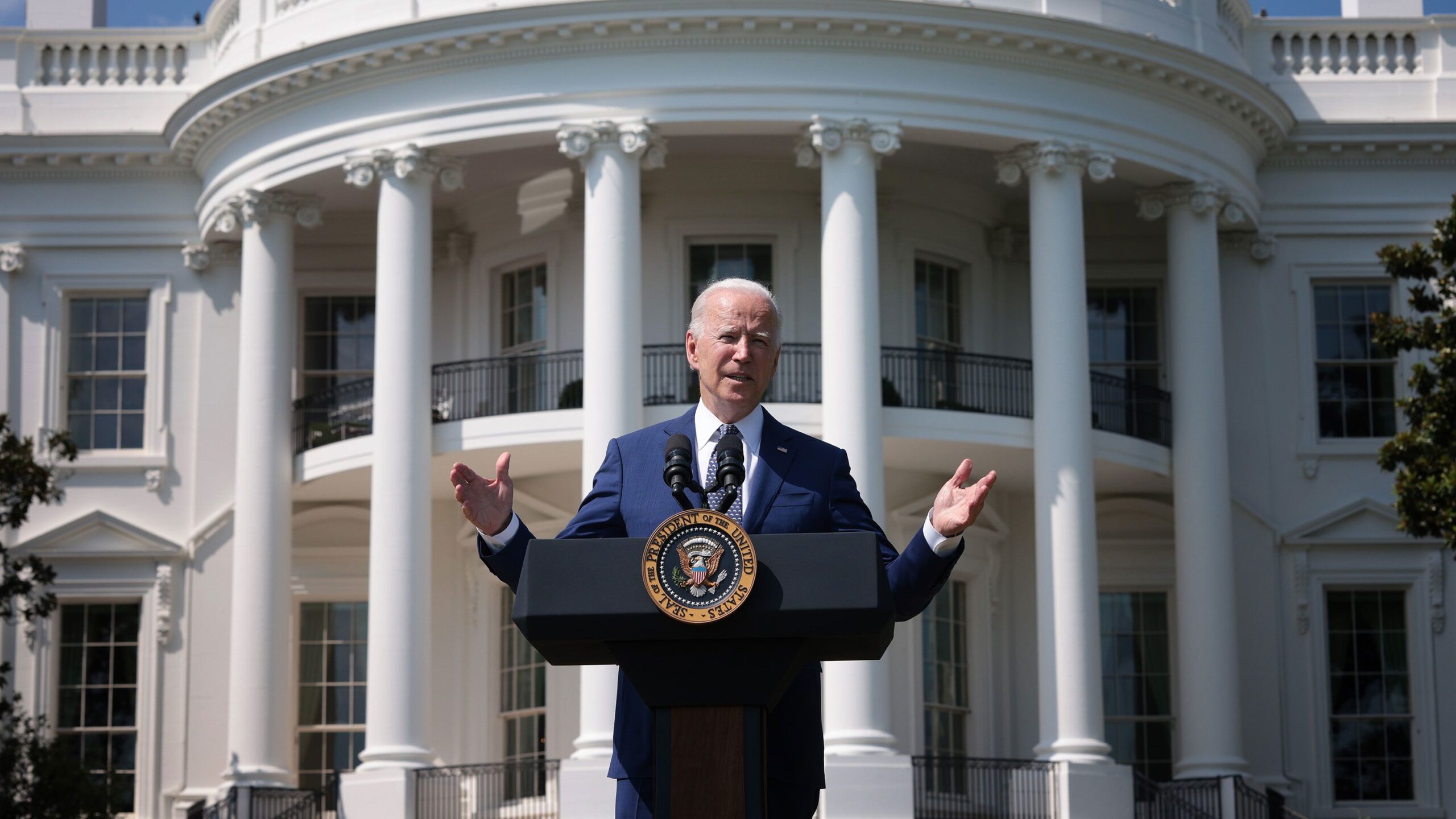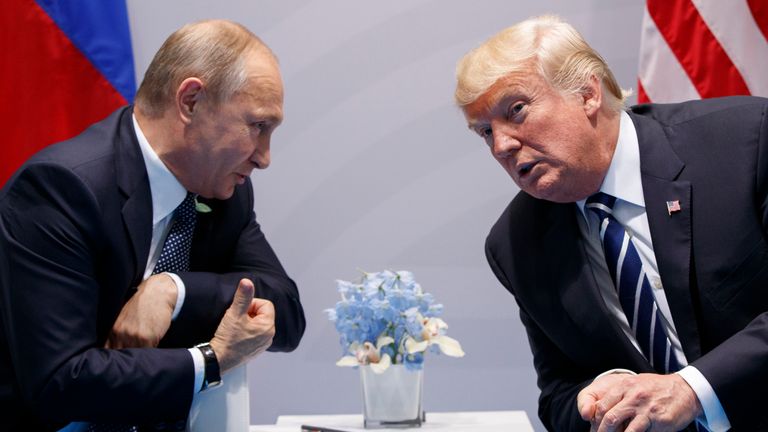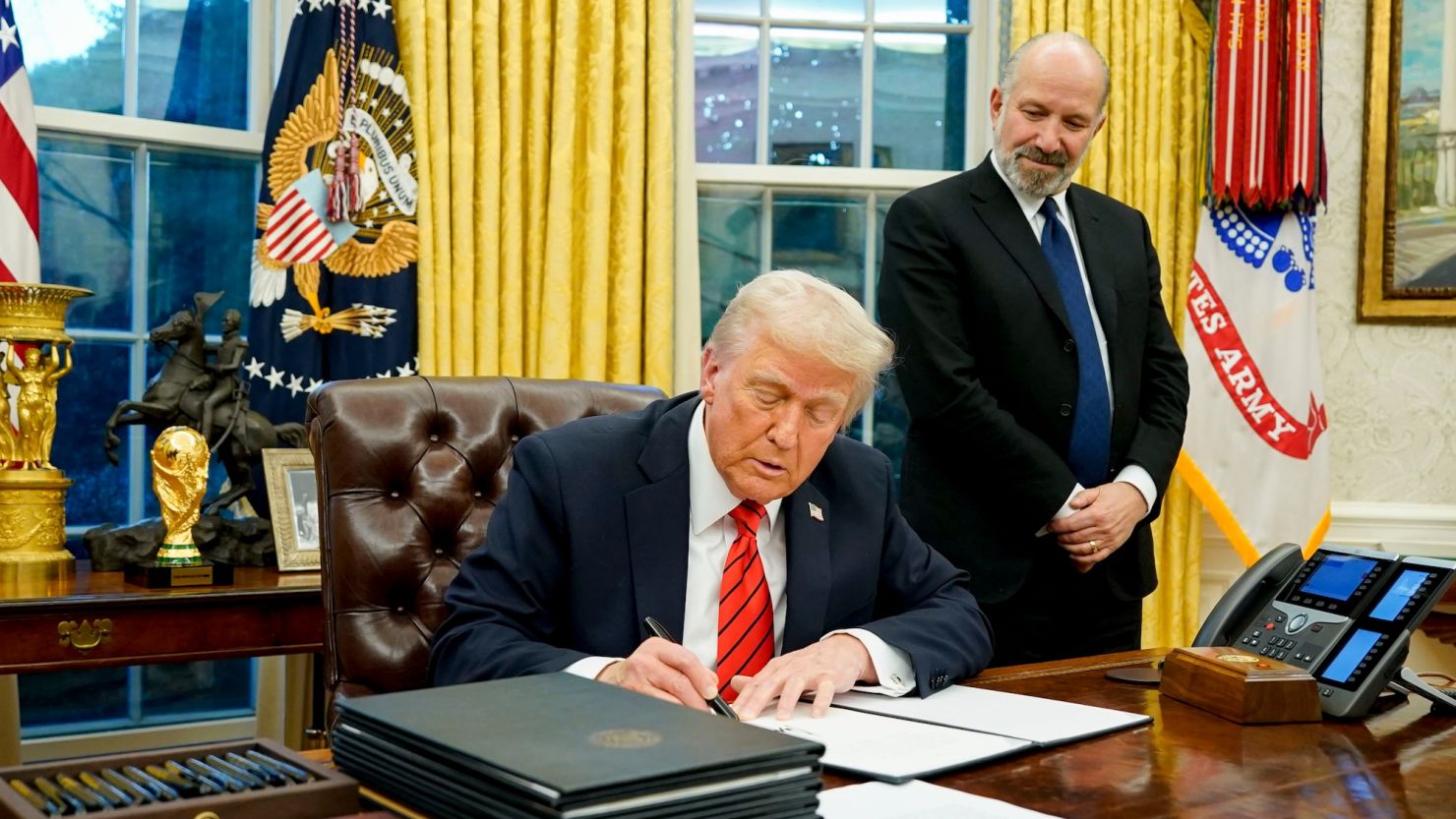South Africa’s annual vehicle exports, valued at approximately $1.9 billion, are now at risk due to growing pressure from U.S. President Donald Trump. A significant portion of these exports head to the United States under the African Growth and Opportunity Act (AGOA), a preferential trade agreement that could be in jeopardy.
Neil Diamond, President of the South African Chamber of Commerce in the U.S., has expressed doubts about the renewal of AGOA, stating, “I don’t think that South Africa has got a chance of the renewal of the African Growth and Opportunity Act.”
AGOA, which offers tariff-free access to the U.S. market for many African countries, has been crucial for South Africa’s auto industry. Motor vehicles account for 22 percent of the country’s exports to the United States, totaling $1.88 billion. This has helped South Africa’s automotive sector, with major global automakers like BMW, Ford, Isuzu, Mercedes-Benz, Nissan, Toyota, and Volkswagen operating in the country.
Billy Tom, head of the Automotive Business Council (Naamsa), highlighted the importance of the industry, noting that about half a million South Africans are employed across the auto sector value chain.
AGOA is set for renewal in September 2025. If the deal lapses, the consequences could be severe for South Africa, its biggest beneficiary. According to Tom, the U.S. is South Africa’s third-largest export market, and any disruption would impact approximately 86,000 jobs directly in the auto sector, with another 125,000 jobs in related industries.
Renai Moothilal, leader of the National Association of Automotive Component and Allied Manufacturers, warned, “The industry may not survive in South Africa” if AGOA is not renewed.
In addition to trade concerns, South Africa’s land law and foreign policy decisions, including alignment with Russia and China, have drawn the ire of the Trump administration. President Trump may use AGOA as leverage, citing the clause that beneficiaries must align with U.S. security and foreign policy interests.
However, Trump’s motivations remain unclear. Richard Morrow, a researcher at the Brenthurst Foundation, suggested that Trump could use AGOA to “defend an industry that’s close to his heart,” given the auto sector’s importance to his political base.
While it is uncertain whether Trump intends to “punish South Africa” or simply apply pressure, Morrow speculated that Trump could target only South Africa’s auto industry while allowing other sectors to continue benefiting from AGOA.
Interestingly, many of the companies that would be impacted by such a move, such as BMW and Mercedes-Benz, are based in countries like Germany and Japan—key U.S. allies, adding another layer of complexity to the situation.
The immediate consequence of Trump’s rhetoric is uncertainty, leaving South African businesses unsure about future investments.




